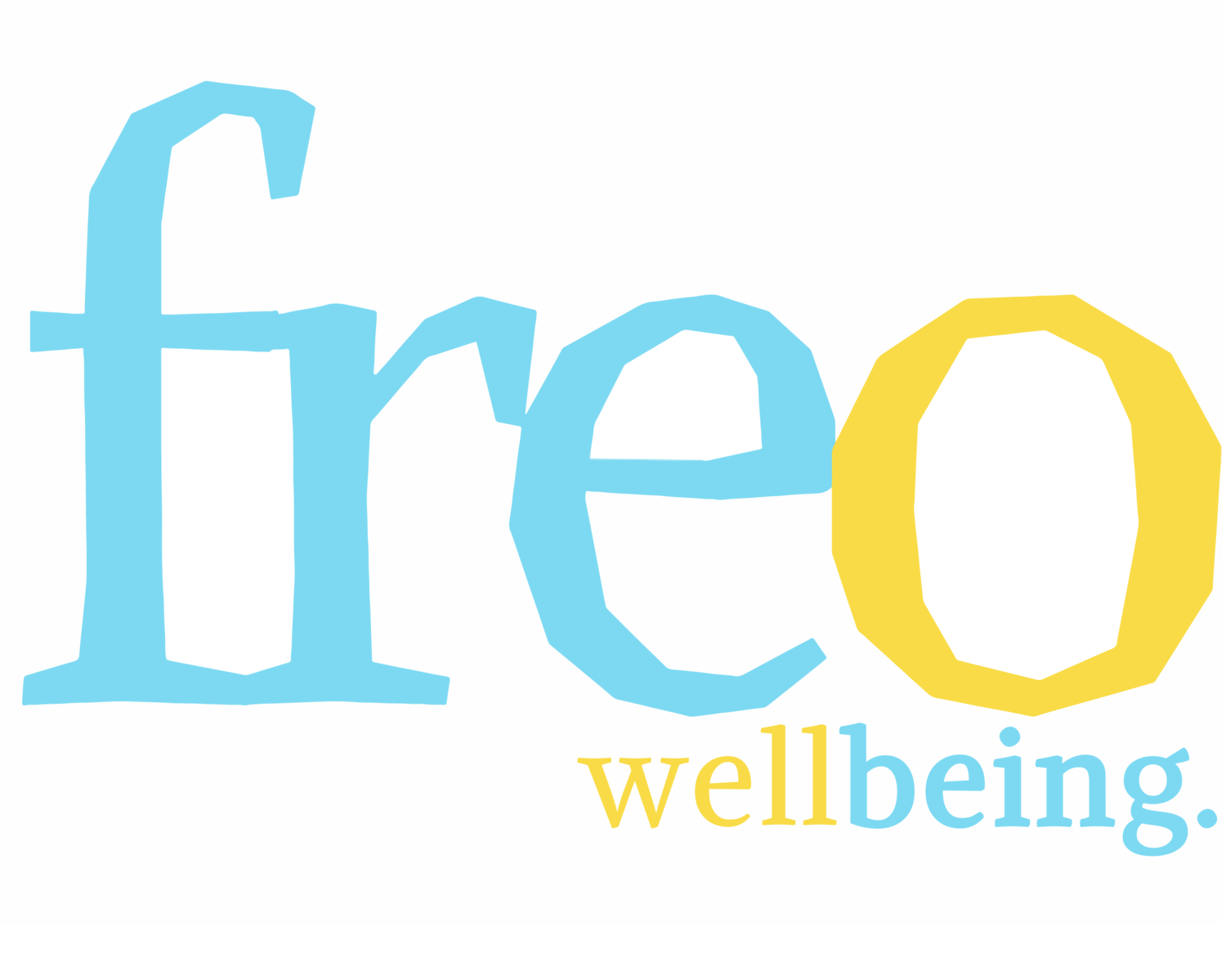Meditation
Meditation as a practice has been around for thousands of years. It is when an individual trains their attention and awareness of the present moment to achieve a mentally clear and emotionally stable state. This is done by using techniques such as mindfulness; focusing the mind on a particular object, thought, or activity.
YOU ARE ENOUGH.
Appreciate yourself.
You have most likely heard about meditation before.
Maybe you’ve even tried it, but just in case, we have collated some of the benefits of practising meditation and mindfulness below.
Reduces Stress & Anxiety
Meditation decreases levels of the stress hormone, Cortisol. This reduction of stress results in less anxiety, and a release of tension, leaving you in a peaceful state.
Increases Concentration
The more you take part in focusing your attention, through meditation for example, the better your accuracy and your attention becomes. It can also reduce age-related memory loss. (Specifically methods of meditation that combine chants and mantras with repetitive motions.)
Pain Relief
Perception of pain is connected to your state of mind, and it can be elevated in stressful conditions. Practicing meditation can decrease symptoms of depression, and helps those suffering from chronic pain to cope.
Improved Sleep
Nearly half of the population will struggle with insomnia or sleeplessness at some point. People who meditate tend to stay asleep longer, and may help control the thoughts that lead to insomnia.
Enhances Self-Awareness
Analysis of the self, while sometimes over looked, is very important for all of us. However, meditation also increases signaling connections in the brain, as well as increasing protective tissue. Some types of meditation may particularly increase positive feelings and actions both towards yourself, and others.
Lowered Blood Pressure
Meditation controls blood pressure by relaxing and widening blood vessels, the body’s fight or flight response. It is recommended to practice twice a day, for 10 - 20 minutes.
